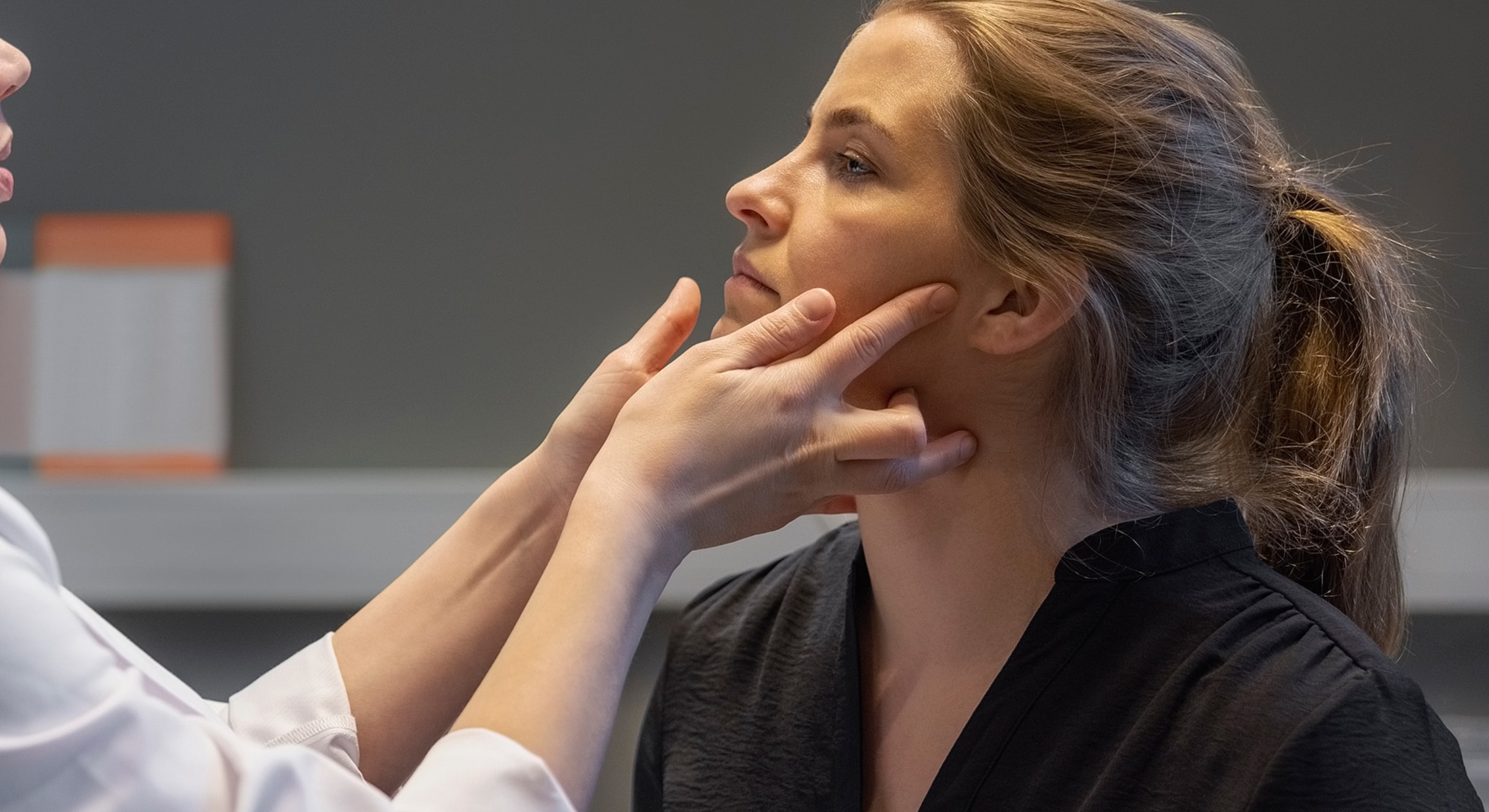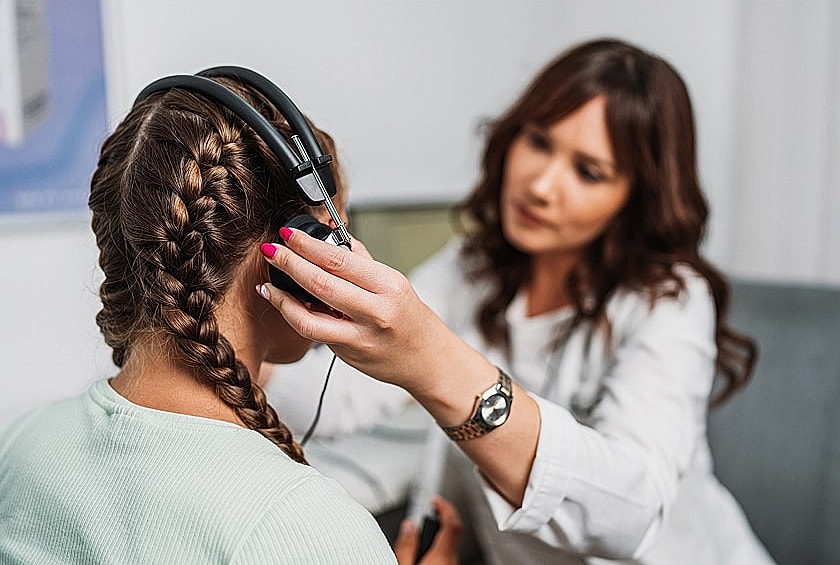Our voice therapy programs prioritize restoring vocal health and boosting performance through specialized breathing techniques, vocal exercises, diagnostics, and personalized treatments. If you're a singer, actor, teacher, or speaker, we are committed to helping you use your voice effectively and comfortably.

















Your voice is one of your most valuable tools, especially if you're a singer, teacher, actor, or speaker. Daily vocal use, poor technique, acid reflux, or overexertion can cause hoarseness, vocal fatigue, or even long-term injury. That’s where we come in.
At the Southern California Center for Ear, Nose, Throat, and Allergy (SoCal ENT), we offer expert singing voice therapy tailored to performers and professionals who depend on their voice. Our Palmdale Voice Therapy team uses advanced diagnostics and personalized treatment plans to help you recover from vocal strain, prevent future issues, and optimize your performance. Whether you're returning to the stage or protecting your voice for the long haul, we’re here to help you sing, and speak, with strength and confidence.





Voice therapy is a highly specialized form of speech therapy focused on restoring and optimizing the voice. It is designed to:
At SoCal ENT, our vocal specialists use advanced technology to assess vocal fold function, airflow, and muscle tension. From there, we build a targeted therapy plan to help you perform at your best, without pain or fatigue.
At SoCal ENT, we use a comprehensive, evidence-based approach to diagnose and treat vocal issues.
Step 1: Evaluation & Diagnosis
We begin with a detailed assessment of your voice using advanced tools:
Flexible Laryngoscopy - A slim scope inserted through the nose provides a real-time view of your vocal cords in motion.
Videostroboscopy - This tool captures slow-motion video of your vocal cords vibrating, revealing subtle irregularities in movement or structure.
Reflux Assessment - Because acid reflux can inflame the vocal cords, we evaluate for LPR (laryngopharyngeal reflux) and GERD (gastroesophageal reflux disease) and recommend dietary or medical interventions as needed.
Step 2: Customized Therapy Plan
Your voice therapy program may include:
Breath Support & Vocal Exercises - Strengthen your voice, reduce strain, and increase control.
Speech Therapy & Resonance Work - Improve vocal placement, reduce effort, and enhance projection.
Postural Alignment & Tension Release - Reduce muscular tension that interferes with voice production.
Reflux Management - Including lifestyle changes and medication guidance to protect your vocal cords.
Voice therapy addresses a wide range of vocal challenges, including:
By treating these conditions early, you can avoid long-term damage and maintain optimal vocal performance.

Transform your voice and your career. Voice Therapy benefits include:
Many Palmdale Voice Therapy patients experience noticeable improvements within just a few weeks, with lasting results through continued care.

You may benefit from voice therapy if you:
Whether you're performing on stage or presenting in meetings, voice therapy can help you protect and enhance your most essential tool.

Voice Therapy recovery timelines vary depending on the severity of your condition and your commitment to therapy exercises.
Your therapist will provide a recovery plan that includes rest, hydration, and at-home exercises to support long-term healing and voice preservation.

With consistent therapy, Palmdale Voice Therapy patients can expect:
For professionals who depend on their voice, this therapy is not just helpful. It’s career-saving.
That depends on your condition. Some Palmale Voice Therapy patients improve within weeks, while others with more complex issues may need several months of treatment.
Yes! We teach you how to use your voice efficiently, reducing stress on the vocal cords and preventing issues like nodules or vocal fatigue.
Many plans cover therapy for voice disorders. Our team can help verify your benefits.
If you’re dealing with chronic hoarseness, vocal strain, or difficulty using your voice, schedule a Voice Therapy consultation. Early intervention makes a big difference.